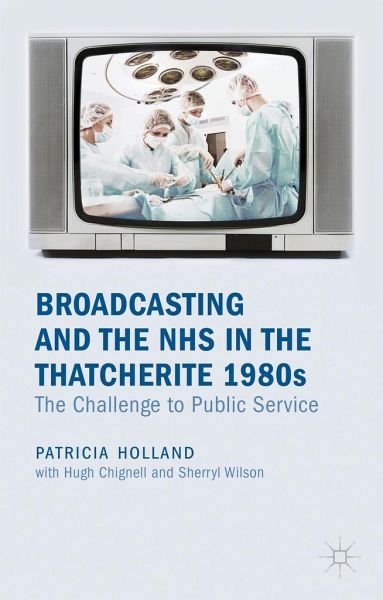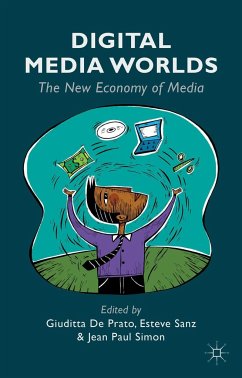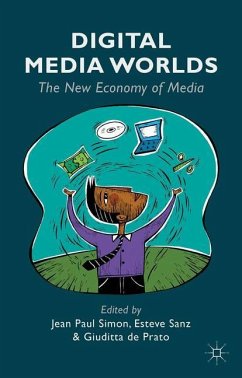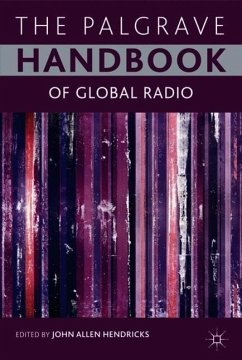
Broadcasting and the NHS in the Thatcherite 1980s
The Challenge to Public Service
Versandkostenfrei!
Versandfertig in 6-10 Tagen
38,99 €
inkl. MwSt.
Weitere Ausgaben:

PAYBACK Punkte
19 °P sammeln!
Patricia Holland offers a fascinating study of the ways in which changes to public services, and shifts in the concept of 'the public' under Margaret Thatcher's three Conservative governments, were mediated by radio and television in the 1980s.














